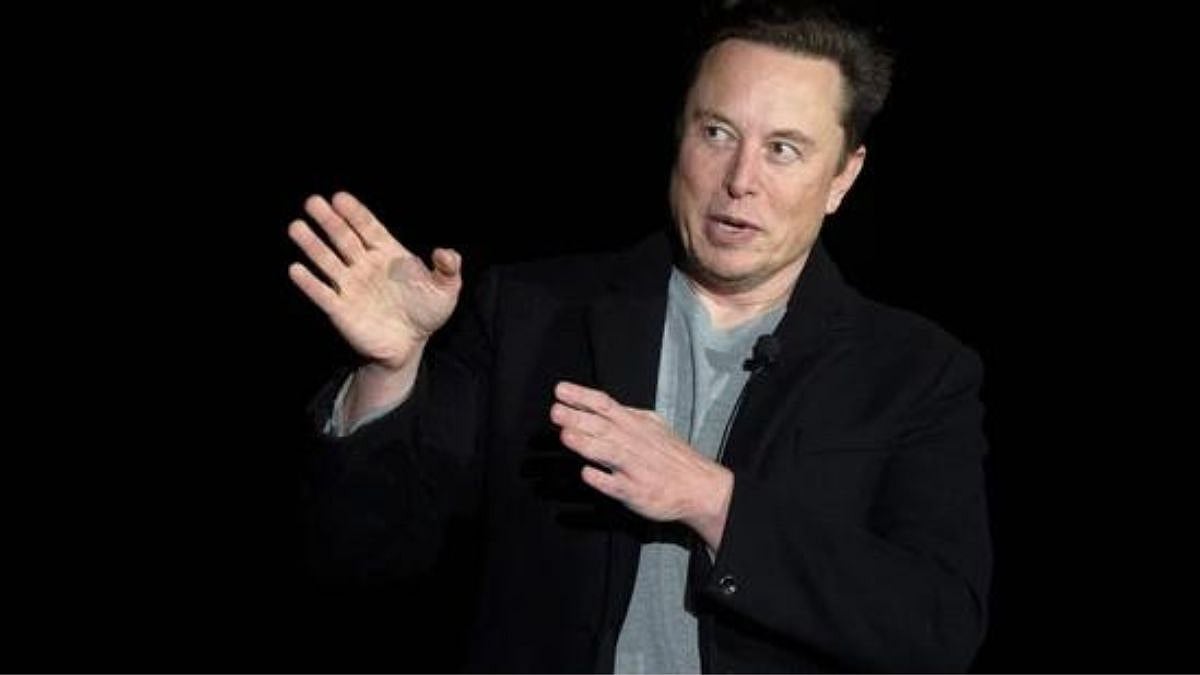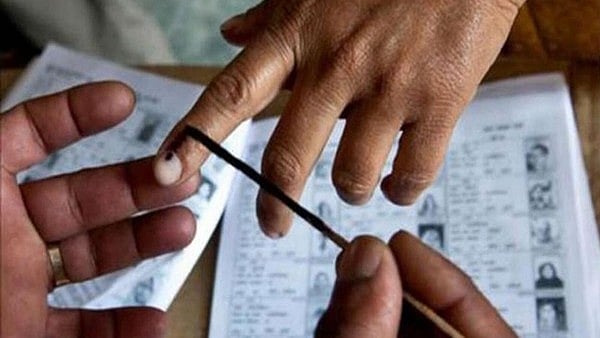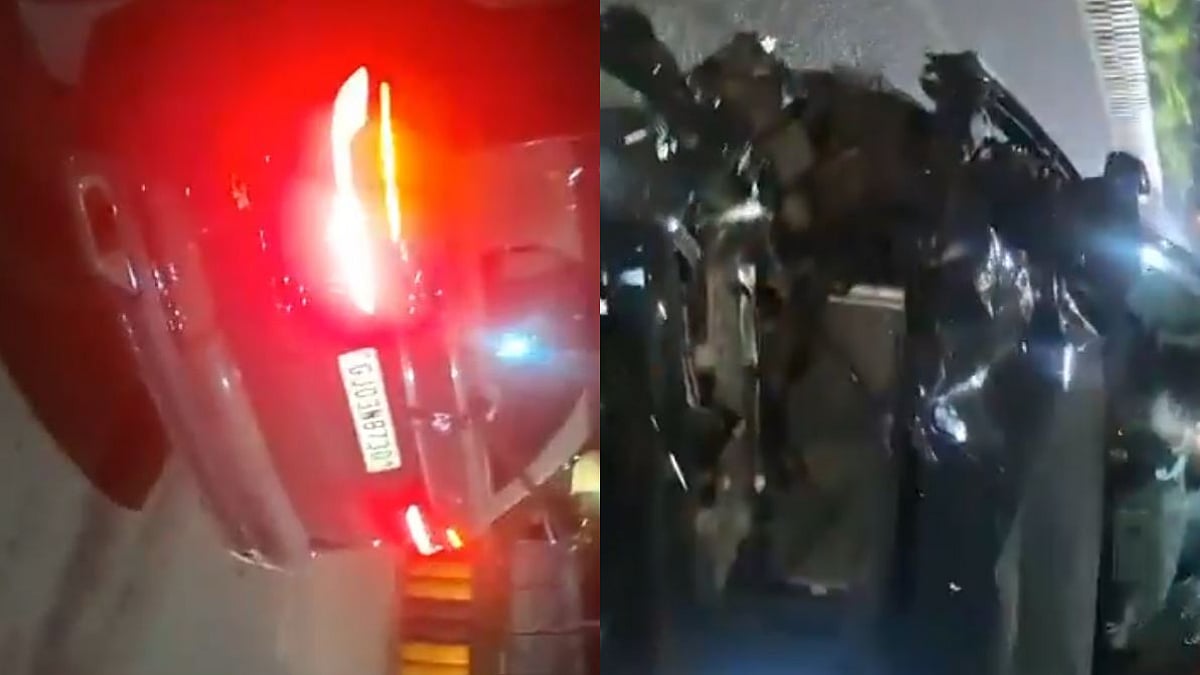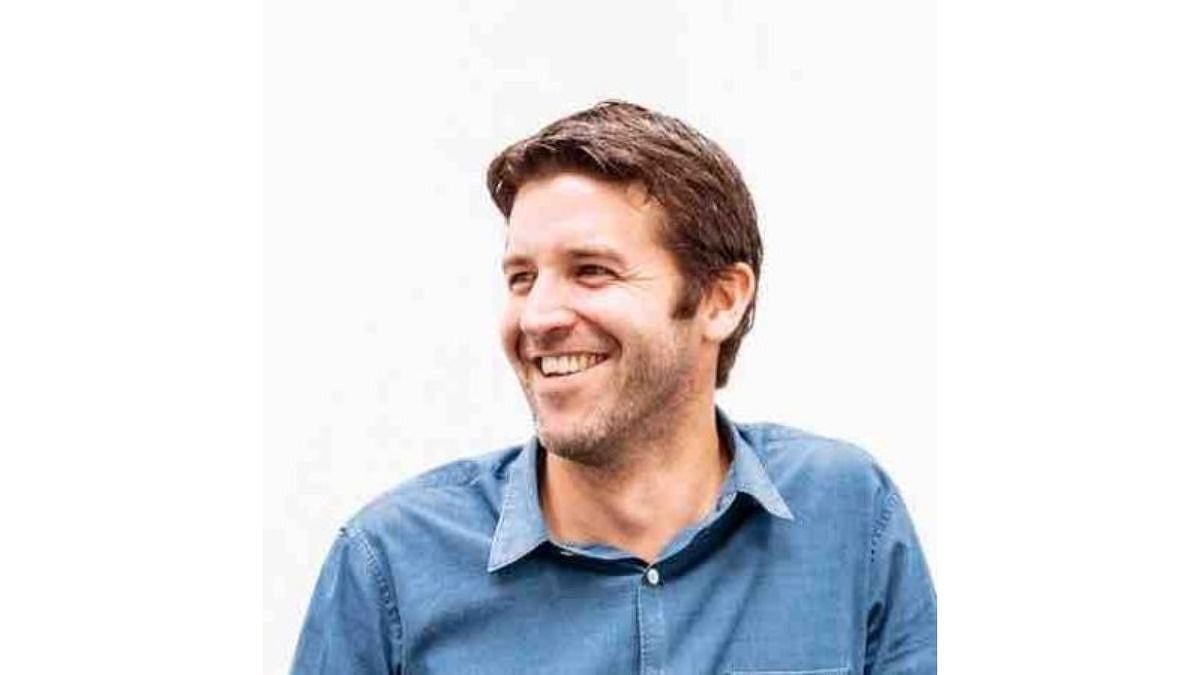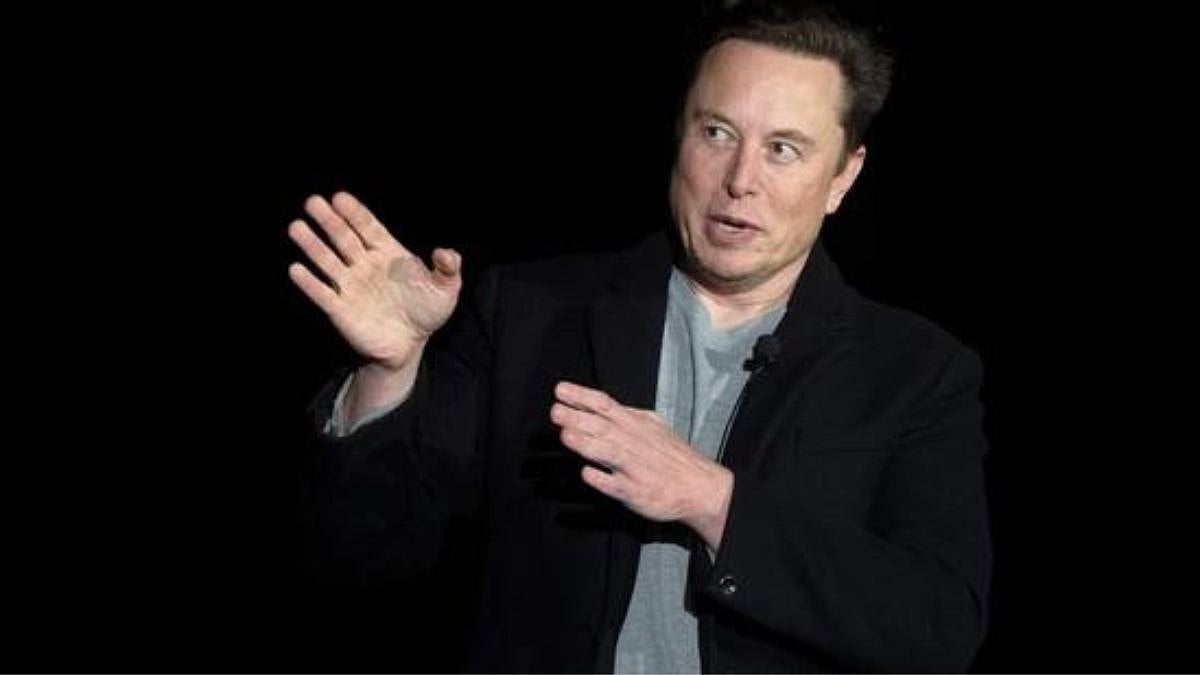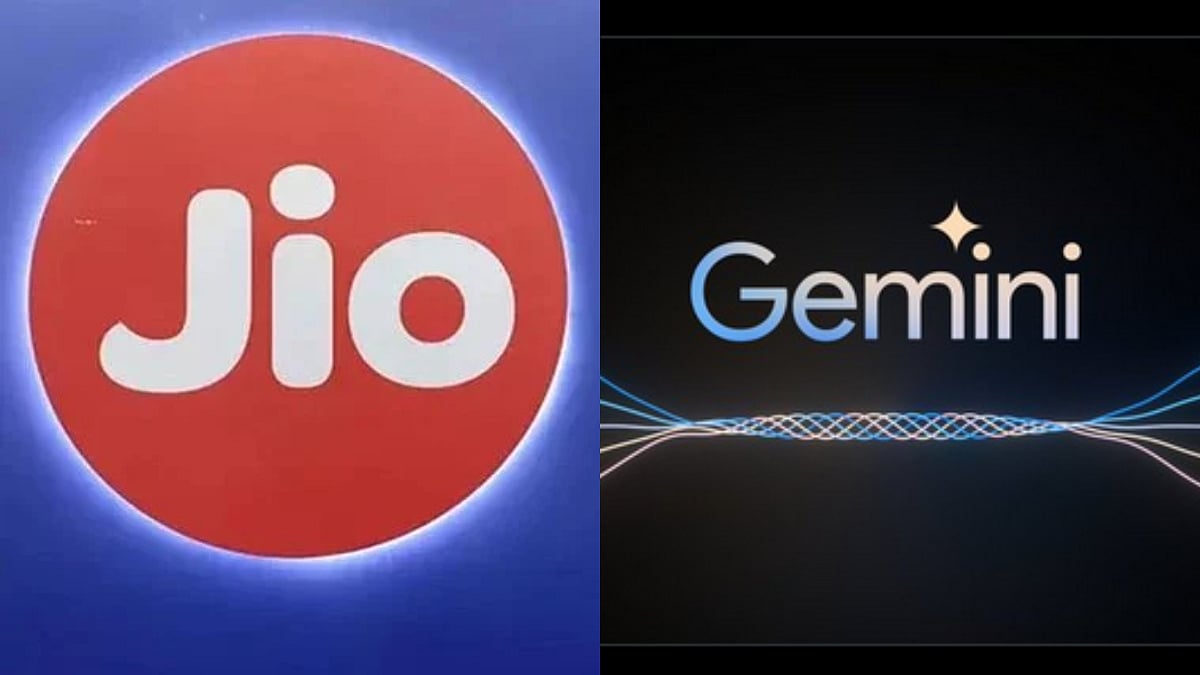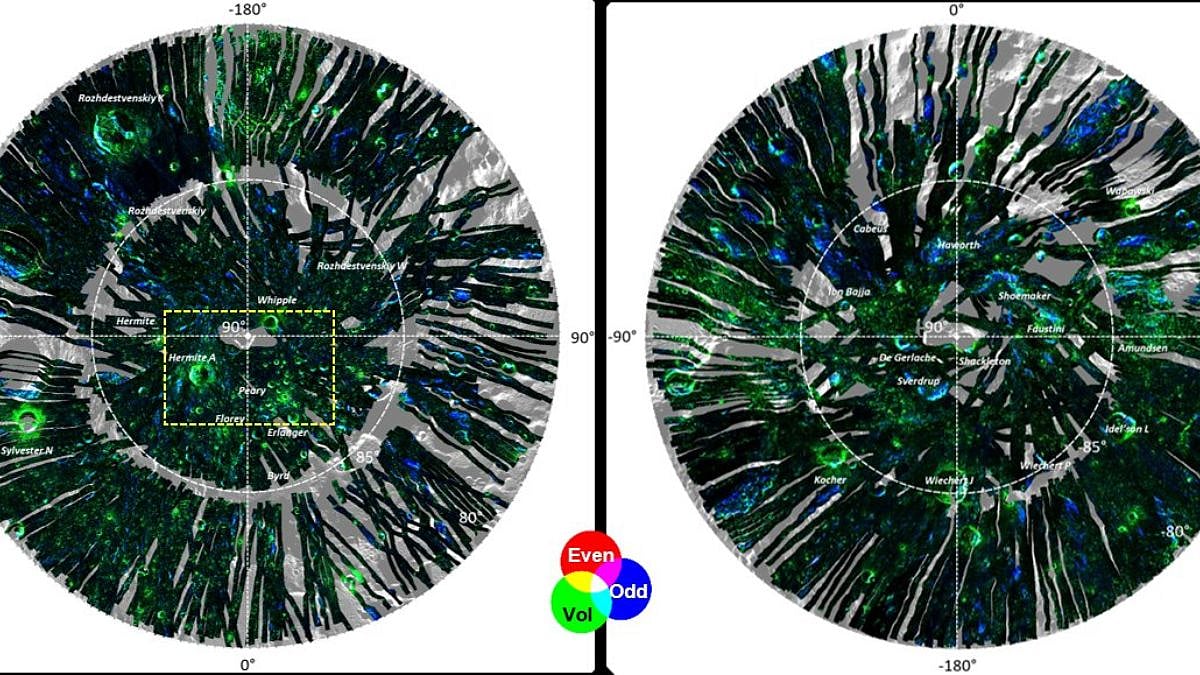Tesla CEO Elon Musk is accelerating plans to construct the company's own semiconductor factories, moving away from reliance on Taiwan Semiconductor Manufacturing Company (TSMC). This strategy, validated by prominent Apple analyst Ming-Chi Kuo, aims to secure full control over Tesla's AI chip supply chain amid rapid development timelines and broader risks.
Kuo, in a detailed post on X, referenced Musk's comments at Tesla's 2025 annual shareholder meeting. Musk expressed hope that Tesla could transition from its AI5 chip to the more advanced AI6 within one year of AI5 entering production, effectively doubling performance metrics in the same facility.
"I previously projected that AI6 would enter mass production in 2027. Many questioned whether only a one-year gap between AI5 and AI6 was realistic, but Musk’s comments validate that timeline," Kuo wrote. He noted that Musk's roadmap extends further, with AI7 following quickly and AI8 described as "out of this world."
While Tesla's current AI5 chips are produced by both Samsung and TSMC, future generations like AI6 and AI7 may shift to in-house fabs. Kuo emphasised that Musk's drive goes beyond supply shortages. TSMC CEO C.C. Wei once assured Musk, "If you’re willing to pay, there will be chips," indicating availability is not the core issue for the Taiwanese giant.
Kuo outlined three key motivations for Tesla's independence:
1. Musk has voiced concerns over advanced chip production concentrated in Taiwan. Even by 2030, TSMC's US advanced-node and packaging capacity will likely remain under 10 percent of global totals. Musk hinted at addressing memory and packaging challenges himself.
2. As a second-tier customer at TSMC compared to Apple and Nvidia, Tesla receives limited priority for research support and production adjustments. Shifting AI6 to Samsung provided low-cost foundry experience, a stepping stone to full control.
3. Musk's cutting-edge technologies benefit from customising design and manufacturing. Owning fabs allows seamless integration, maximising efficiency in final products like autonomous driving systems.
Kuo's analysis aligns with Musk's shareholder remarks, where the CEO warned that even optimistic supplier projections fall short of Tesla's needs. "But even when we extrapolate the best case scenario for chip production from our suppliers, it’s still not enough," Musk said.
This move underscores Tesla's aggressive AI ambitions, including the Dojo supercomputer and Full Self-Driving hardware. Building fabs represents a massive investment but could reduce vulnerabilities in the global semiconductor landscape.
Tesla has not detailed fab locations or timelines, but Musk recently shared progress on AI5 design reviews with engineers in California and Texas.
